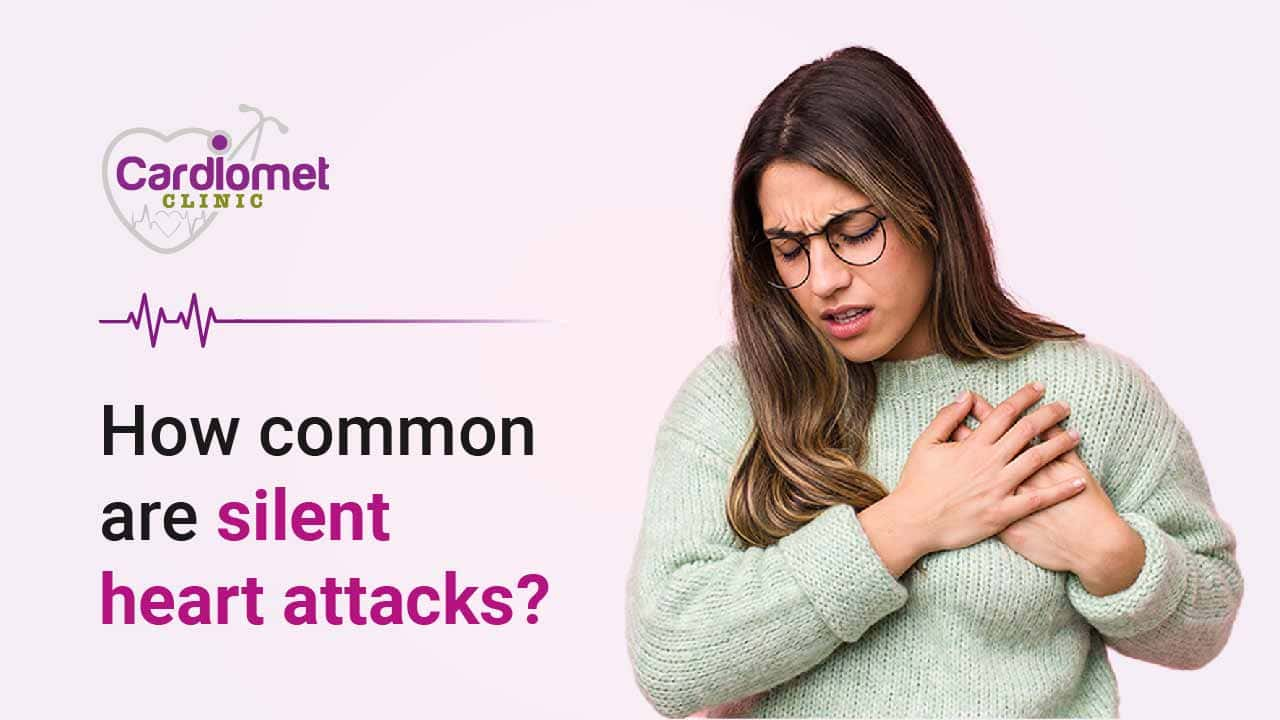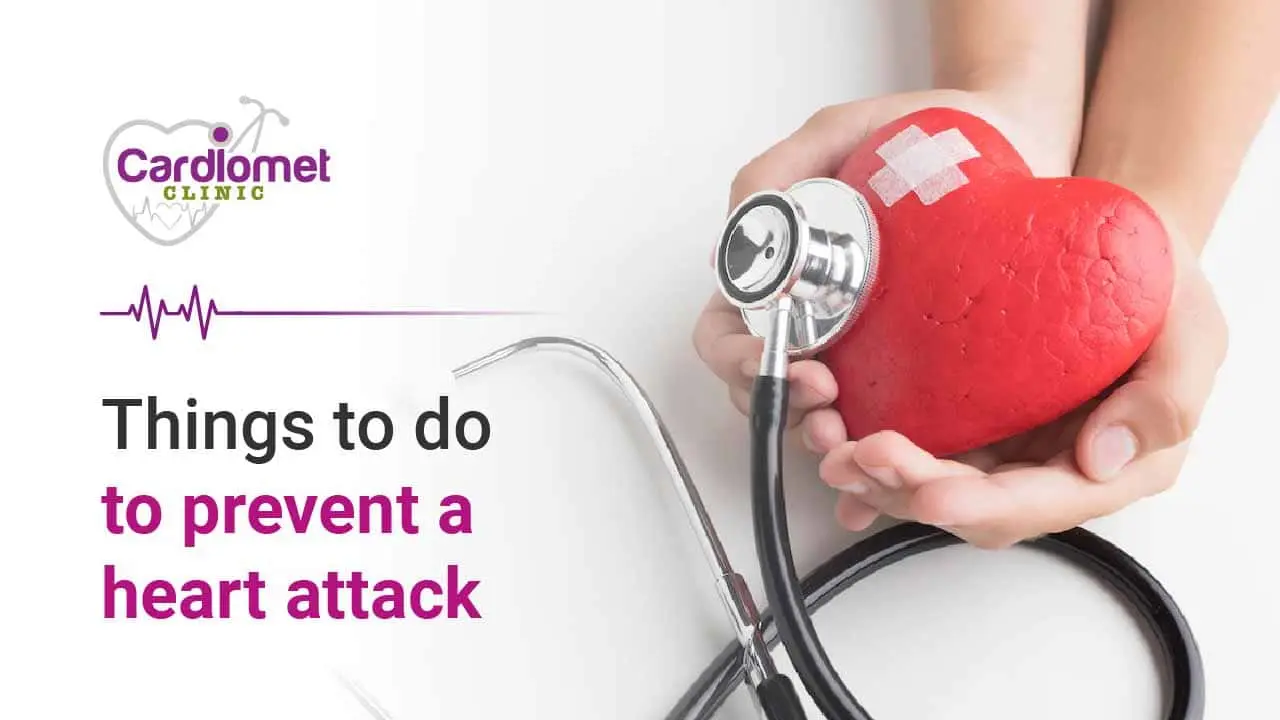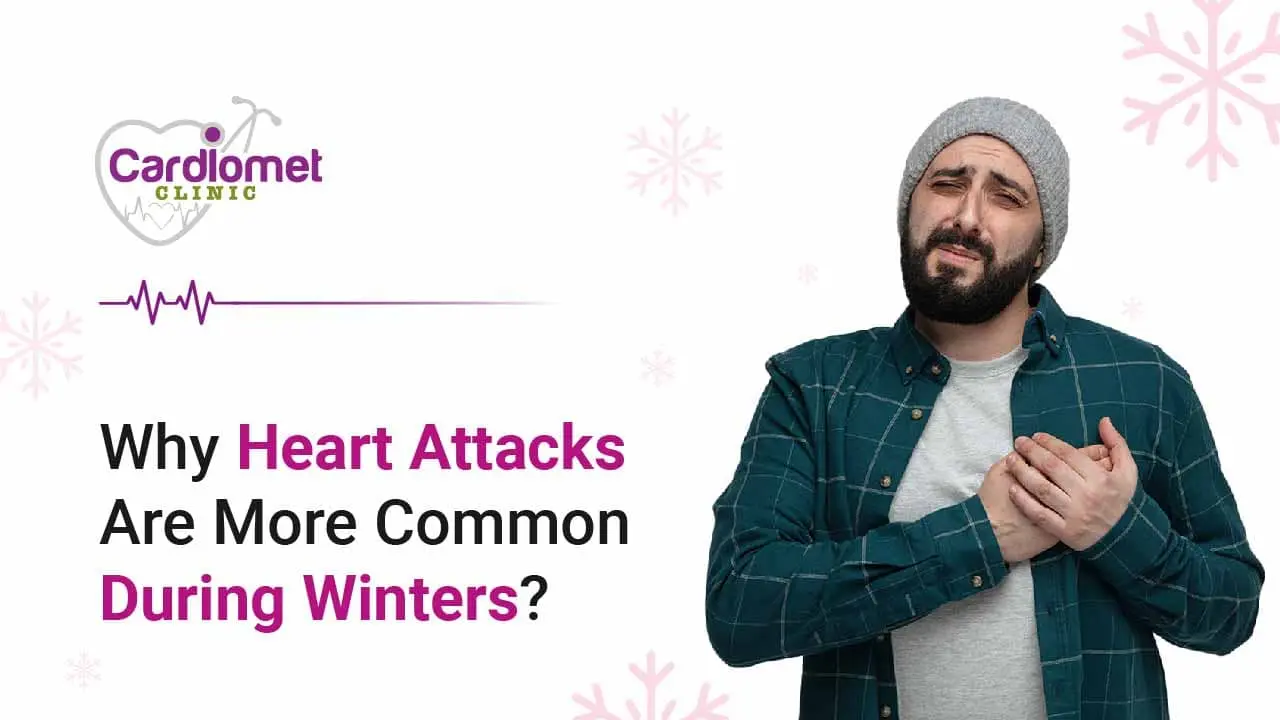Differences between Heart Attack and Cardiac Arrest
As a cardiologist, I often hear confusion between the terms "heart attack" and "cardiac arrest".
It is very important to understand the differences between these two medical conditions as they each have their own distinct risks, causes, treatments and outcomes.
In this post we will explore what heart attacks and cardiac arrests are, risk factors for both of these events, common symptoms, available treatments for both medical emergencies.
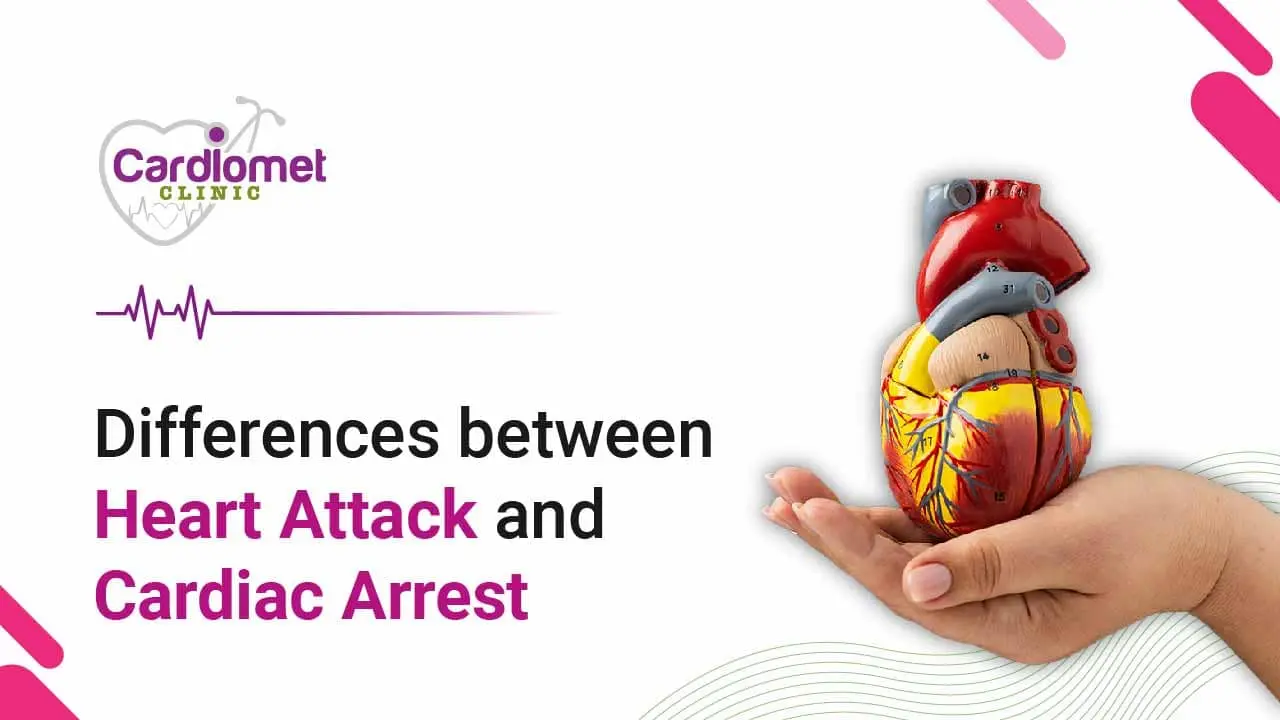

- You can Jump On
- What is Heart Attack
- Video of how heart attack can be prevented
- What is Cardiac Arrest
- Which is More Dangerous
- Survival Rate of Both
With so many possible variations of symptoms leading up to a cardiac event it is essential for all of us to be aware of what signs should prompt seeking urgent care from a doctor or hospital.
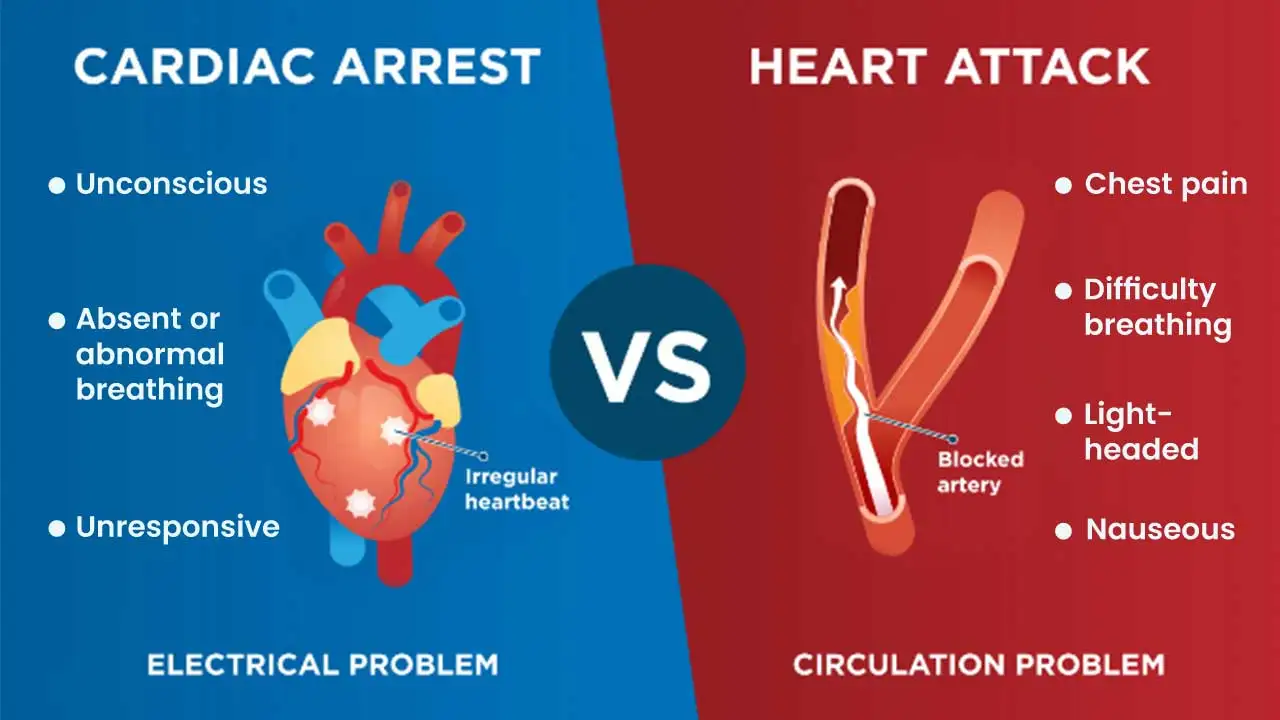
Heart Attack
A heart attack occurs when there is a blockage in one or more of the coronary arteries that supply blood to the heart muscle. This lack of oxygen-rich blood can damage and eventually kill portions of the heart tissue, thus leading to a heart attack.
Common risk factors for this type of cardiac event include high cholesterol levels, smoking, hypertension, diabetes and family history of cardiovascular disease.
Symptoms may vary from person to person but oftentimes one will feel chest pain accompanied by shortness of breath and fatigue.
Treatment typically involves medications that can help reduce clotting and improve circulation as well as lifestyle changes such as quitting smoking, exercising regularly and adopting a healthy diet
Watch this video to know, How Heart attacks are preventable
Cardiac Arrest
Cardiac arrest occurs when the electrical activity controlling your heart stops functioning properly. This can be caused by an abnormally fast heart rhythm or an underlying condition such as coronary artery disease or cardiomyopathy.
Common risk factors for this type of cardiac event include smoking, high blood pressure, diabetes and family history of cardiovascular disease.
Symptoms typically include sudden loss of consciousness followed by seizures, a rapid heartbeat and/or abnormal breathing.
Treatment usually involves defibrillation which is the application of electrical energy to the heart in order to restore its normal rhythm.
In some cases medication may also be given depending on the cause of the cardiac arrest.
Which is more dangerous- Cardiac Arrest Or Heart Attack?
Ultimately, a cardiac arrest is much more dangerous than a heart attack as it is an electrical malfunction of the heart that can be fatal if not treated promptly.
A heart attack on the other hand is caused by a blockage in the coronary arteries which can cause damage to the heart tissue but is typically not fatal if treated quickly.
However, both conditions require urgent medical attention as outcomes can significantly worsen without proper treatment. In either case, early detection and prompt medical care are essential for improving survival rates. So if you experience any symptoms associated with either event do not hesitate to seek medical attention right away.
Survival rate in Cardiac Arrest & Heart Attack
The survival rate of a cardiac arrest is much lower than that of a heart attack as it can be fatal if not treated promptly.
The survival rate for cardiac arrest is roughly 10%, while the survival rate for a heart attack is around 75-80%.
However, early detection and prompt medical care are essential for improving both of these outcomes.
With appropriate treatment,With appropriate treatment, most individuals who experience either condition will have good long-term results.
But,
Without appropriate treatment, the likelihood of death increases significantly for both heart attacks and cardiac arrests.
